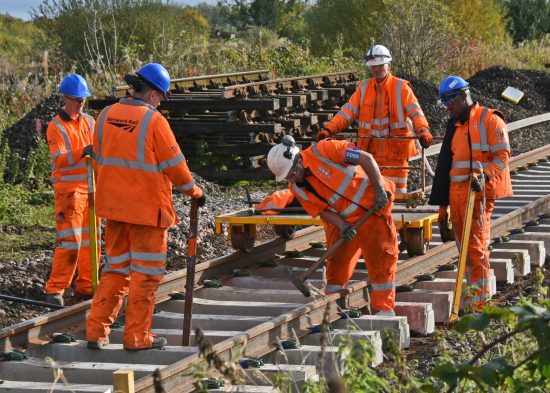Norfolk Southern Under a Regulatory Microscope
Train derailments, like accidents in any industrial environment, can cripple rail providers. Norfolk Southern understands this better than most. The Atlanta-based railway was riddled with accidents in December 2021, and when their derailment in East Palestine, Ohio occurred in early February 2023, releasing toxic chemicals and bringing forth a series of lawsuits, Norfolk Southern found themselves under the regulatory microscope of the National Transportation Safety Board (NTSB).
The entity initiated a special probe into Norfolk Southern’s safety culture, something quite rare for the NTSB. The Federal Railroad Administration (FRA) followed with a separate probe and at the center of Norfolk Southern’s practices (as well as many other large railroad operators) is something called precision-scheduled railroading (PSR).
Conceived to improve overall service and ensure operations are more efficient, PSR advocates point to some inarguable Norfolk Southern results – a 28% drop in total employment and increased revenue per each ton of freight moved.
As a result, the railway drove more money into dividends and stock buybacks thus pleasing investors.
Opponents of PSR, however, have intimated that the changes have not improved safety, and may have made existing situations worse. Overall derailments have decreased by more than half for major railroads since 2000. Norfolk Southern implemented PSR in 2019 and reported its fewest derailments in 2022 (compared to the previous decade). Yet, anecdotal evidence points to a greater “hurry up and get it done” mentality since Covid-19 that appears to be affecting some operators.
A prominent, bipartisan rail-safety bill has been making its way through Congress. Norfolk management supports several provisions in the bill that will bolster notification, equipment, and training for first responders. Also addressed are more stringent requirements for tank cars with hazardous materials. There is a sizeable contingent that has spoken forcefully surrounding the overall industry’s safety culture, much of it predating PSR. In many respects, this is nothing new. But it is notable that the FRA has received more complaints in recent years citing working too many hours and safety incidents. To put this into context, roughly 200 were received in 2020 while approximately 500 were received in 2021. The number dropped to nearly 400 last year.





Leave a Reply